As the core industry of global energy supply, the production process of the oil and gas industry is highly dependent on various special equipment and materials. Among them, oil casing pipe is used in the drilling, mining and maintenance of oil and gas wells. Oil casing pipe is a steel pipe used to support the well wall of oil and gas wells to ensure the normal operation of the entire oil well during the drilling process and after completion. Each well uses several layers of casing pipe according to different drilling depths and geological conditions. After the casing pipe is lowered into the well, cement is used for cementing. Unlike oil tubing and drill pipes, it cannot be reused and is a disposable consumable material.
What are the basic uses of casing pipes?
Casing pipe is a large-diameter pipe that serves to fix the wall or borehole of oil and gas wells. The casing pipe is inserted into the wellbore and fixed with cement to help the wellbore separate the rock formation and prevent the wellbore from collapsing, while ensuring the circulation of drilling mud for drilling and mining. Specific uses include the following aspects:
Wellbore fixing: During the drilling process, casing pipe is inserted into the wellbore and fixed with cement. This method can help separate different rock layers in the wellbore, prevent wellbore collapse, and ensure the safety and smoothness of the drilling process.
Mud circulation: Casing also ensures the circulation of drilling mud in the well, which is essential for cooling the drill bit, carrying cuttings, and balancing formation pressure.
Wellbore support: After the well is completed, the casing pipe continues to support the wellbore wall to ensure that the entire oil well remains stable during production.
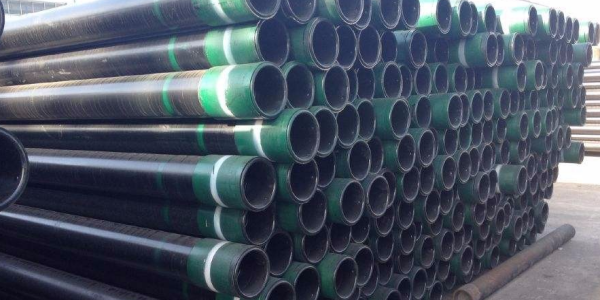
Steel grade classification of casing pipe
Casing pipe has multiple steel grade classifications according to different operating conditions and requirements. Each steel grade of casing has specific chemical composition and mechanical properties to adapt to different geological and pressure conditions. Common steel grades include:
H40, J55, K55: suitable for medium and shallow formations, often used in the initial drilling of conventional oil wells.
N80, L80: suitable for medium and deep formations, can withstand higher pressure and temperature, widely used in natural gas wells and high-yield oil wells.
C90, T95, P110: suitable for deep high-pressure and high-temperature formations, can withstand extreme conditions, usually used in deep wells and ultra-deep wells.
Q125, V150: suitable for ultra-deep wells and oil and gas wells with special geological conditions, with ultra-high strength and corrosion resistance.
Casing pipe end processing forms
The end processing forms of petroleum casing pipe is varied to meet different connection requirements and sealing requirements. Common processing forms include:
Short round thread: usually used in shallow oil and gas wells, easy to install, but relatively low sealing performance.
Long round thread: suitable for medium and deep wells, with good sealing performance, and requires higher technical requirements during installation.
Partial trapezoidal thread: suitable for high-pressure wells, with excellent sealing performance and tensile strength.
Special buckle: designed for special geological conditions and extreme pressure environments, with the best sealing performance and strength, but with high installation and maintenance requirements.
Oil casing pipe occupies an irreplaceable and important position in the oil industry, and its key role is reflected in the following aspects:
Huge consumption and high cost: The oil industry is an industry that uses a large number of oil casing pipes. The consumption of oil well pipe casing can be estimated by the annual drilling measurement. According to the specific situation, generally 62 kg of oil well pipe casings are required for every 1 meter of drilling, including 48 kg of casing, 10 kg of oil tubing, 3 kg of drill pipe, and 0.5 kg of drill collar. Therefore, the consumption of oil casing pipe is large and the cost is high, and there is great potential for saving expenses and reducing costs.
Mechanical and environmental behavior: The mechanical properties and environmental adaptability of oil casing pipe have an important impact on the adoption of advanced technology and increased production and efficiency in the oil industry. High-quality oil casing pipe can improve drilling efficiency, reduce downhole accidents, and extend the service life of oil wells.
Safety, reliability and service life: The failure of oil casing pipe will bring huge losses, so its safety, reliability and service life are crucial to the oil industry. The rupture or failure of the casing will not only lead to production suspension, but also may cause environmental pollution and safety accidents.
Conclusion
The mechanical and environmental behavior of oil casing pipes have an important impact on the adoption of advanced technology and the increase of production and efficiency in the oil industry. The failure of oil casing pipes has huge losses, and its safety, reliability and service life are of great importance to the oil industry. Therefore, when producing casing pipe, our baowi-steel company adheres to strict quality control and is committed to producing high-quality casing pipe to ensure safety, reliability and service life. We use advanced technology to provide high-quality products to increase production and efficiency for the oil industry. We are well aware of the huge losses caused by the failure of oil casing pipe, so we treat every process with a rigorous attitude. Choose baowi-steel company, choose safe, reliable and quality-assured oil casing pipe products.








 English
English Español
Español بالعربية
بالعربية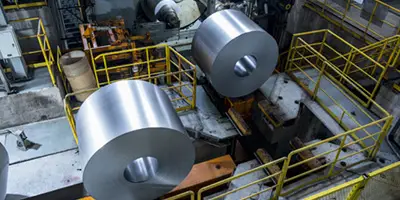

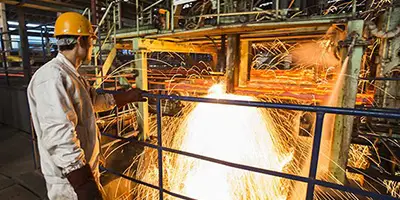
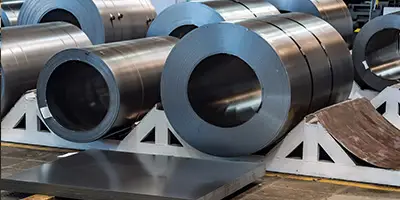

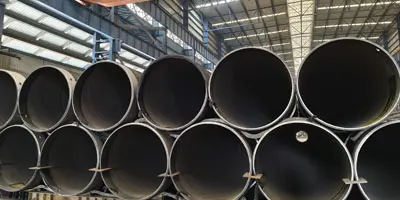

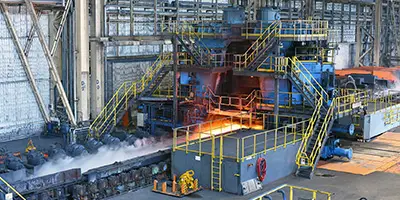
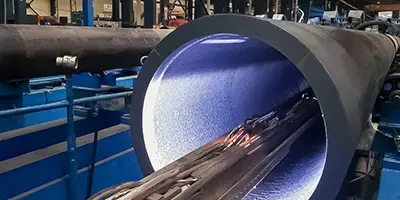
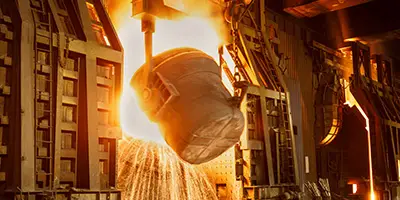


 Phone :
Phone :  Whatsapp :
Whatsapp :  Email :
Email : 


